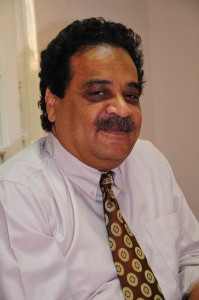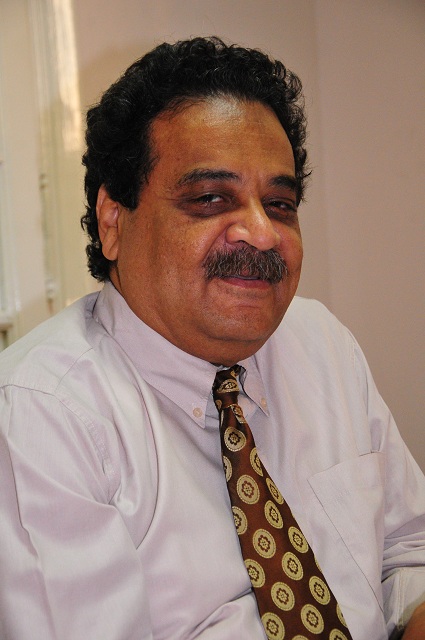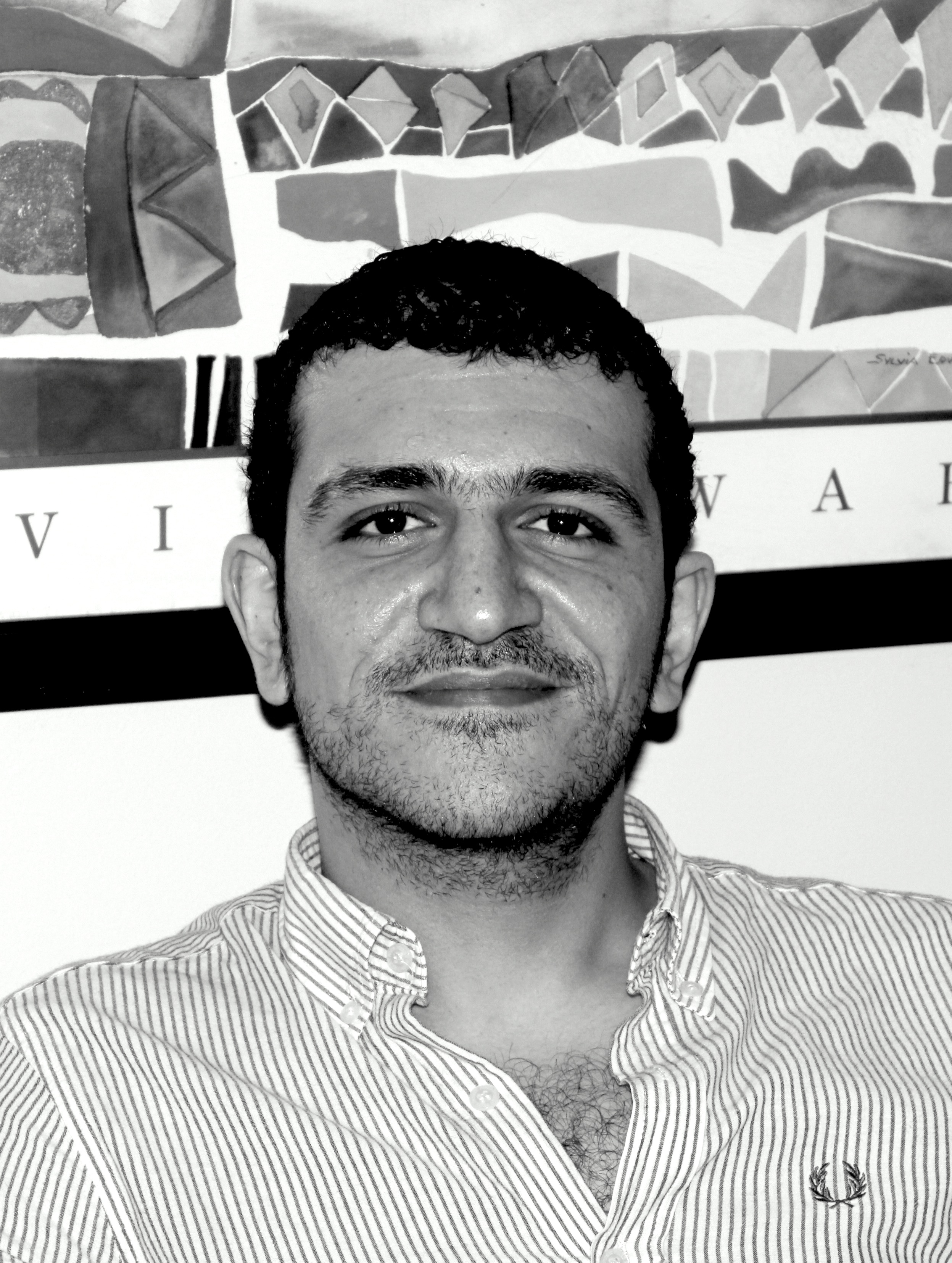 There currently exists within Egypt’s democratic forces a raging debate as to whether or not to take part in the upcoming parliamentary elections. Those who advocate for boycotting the elections do so for a number of reasons, many of which are based on the assumption that it will only be a matter of time before the Muslim Brotherhood is overthrown in a wave of protest, similar to that which led to the dismantling of SCAF.
There currently exists within Egypt’s democratic forces a raging debate as to whether or not to take part in the upcoming parliamentary elections. Those who advocate for boycotting the elections do so for a number of reasons, many of which are based on the assumption that it will only be a matter of time before the Muslim Brotherhood is overthrown in a wave of protest, similar to that which led to the dismantling of SCAF.
Unfortunately there exists very little evidence to back up these claims, which are often presented as fact. Many from within this camp have called on the army to avoid taking any measures to help stabilise the country, as a way of exacerbating this process and expediting the Brotherhood’s eventual descent from power.
According to these people, it goes without saying that the last thing that should be done by the opposition, is participate in the country’s upcoming parliamentary elections.
Other justifications for the boycott include the lack of guarantees made to ensure free and fair of elections, a factor which will inevitably lead to their rigging. However this ignores guarantees that have already been made regarding the presence of local and international monitors at polling stations.
But perhaps one of the most widespread justifications for boycotting the elections is the notion that participating in them will grant legitimacy to the Muslim Brotherhood and their recently passed constitution; this is simply not true!
In my opinion, reasons for not participating in the upcoming parliamentary elections are weak and unconvincing, with the exception of those who call for more measures to be taken in order to ensure the transparency of the poll. This includes enlisting judges to oversee polling stations, postponing the date of the elections to a more appropriate time, and reversing the process of gerrymandering which has recently taken place and worked to the benefit of the Brotherhood.
Egypt’s opposition can take concrete steps to work towards having these demands met. However, calls to boycott the elections are still met with widespread popular support, despite the fact that they lack logic and reason. Why?
Within the boycott camp there are three factions. The first consists of weak and disorganised political parties who at the moment are incapable of winning any seats in parliament. We saw these groups compete during the last elections; these parties see boycotting as the political lifeline that will help preserve their revolutionary credibility, and hide from the general public, and the party members themselves, the true extent of their weakness and inability to secure votes.
The second faction consists of those who exist on the sidelines, who do not involve themselves with politics but can be seen all over Facebook and throughout the country’s coffee shops. They take part in protests during their spare time when it doesn’t conflict with their schedule, and at times will direct revolutionary advice to those involved in the formation of policy, all the while accusing them of betrayal and neglect.
These people are more concerned with football than anything else. Despite the fact that they don’t actually play football, they have no reservations about criticising players and coaches just as they do politicians. These people are prone to mood swings, and are quick to forget that they once passed judgment on one side or another, both in politics and in sport. May God forgive them.
The third faction, and it is to this group that I primarily direct my words towards, consists of those youth who have become filled with frustration and despair, and do not see the point in participating in any future elections. To these youth I say: I understand your disappointment and depression, and yes the situation is bleak.
The Muslim Brotherhood has tried to co-opt a revolution that they barely took part in, along with the Salafis who had no involvement whatsoever. Hundreds of thousands of youth participated in the revolution, with thousands dying; however the results of that struggle have made the goals that it sought to accomplish seem unfeasible, intangible and no longer worth pursuing.
Unfortunately, since the outbreak of our revolution, things have only gotten worse, with the country’s youth unable to translate their revolutionary activity into political action that stays true to himself and his beliefs. As a result, repression, murder, kidnapping and torture persist, choosing its victims from within the ranks of these youth.
It appears that our nation’s youth have become prisoners to frustration and despair, causing them to curse politics and politicians. This is understandable considering everything we have witnessed, and I genuinely sympathise with these youth, as I too repeatedly warned about the dangers of the Muslim Brotherhood and how their false promises would lead to disappointment.
These youth may continue to become increasingly more isolated from politics, a fact which will lead them to adopt more and more radical positions regarding the nation’s political system and its representatives. This will only increase the isolation of these youth, and drive some into the ranks the country’s small, weak, idealist political parties, who may at times be prone to violence.
I don’t want to seem as if I’m being too quick to bestow advice, but to these youth I must say: “I’ve seen this film before,” or more accurately, “I’ve lived this film before.” Those of us who participated in the January 1977 Intifada also came out feeling frustrated, disgusted and depressed.
We, the generation of the 1970’s, participated in the 1968 student movement that followed war in 1967, in addition to the student intifada’s of 1972, 1973 and 1975. We ran candidates and participated in the People’s Assembly elections of 1976, which led to our launching of the 1977 intifada.
Many of us were put in jail, with the authorities successfully distorting our image, labelling our revolution as nothing more than a criminal uprising. Naturally, many from our generation were driven to adopt more staunch idealism, which isolated us further from reality, and caused us to forever remain on the sidelines in the midst of continued state and police brutality.
I hope that history does not repeat itself.
The option of boycotting the elections should be kept available if necessary guarantees are not made to ensure the free and fair nature of elections, but we should not be tempted to do so merely out of frustration and rage. Again, not to put myself in the position of counsellor, but despite all that we went through, the generation of the seventies, despite rampant imprisonment and limits placed on our existence, I was eventually able to participate in the Popular Committee to support the 2002 Palestinian Intifada, and of course take part in the 25 January revolution.
Our struggle to build a new, democratic Egypt, founded upon social justice, will be a long process that requires that we persevere and remain patient. I hope that the youth will be able to organise their ranks and succeed in their struggle, and that we, the generation of the seventies, will be there to them do so. I hope that you, the youth, will benefit from our experience, and continue to engage us in dialogue even if we at times disagree.



